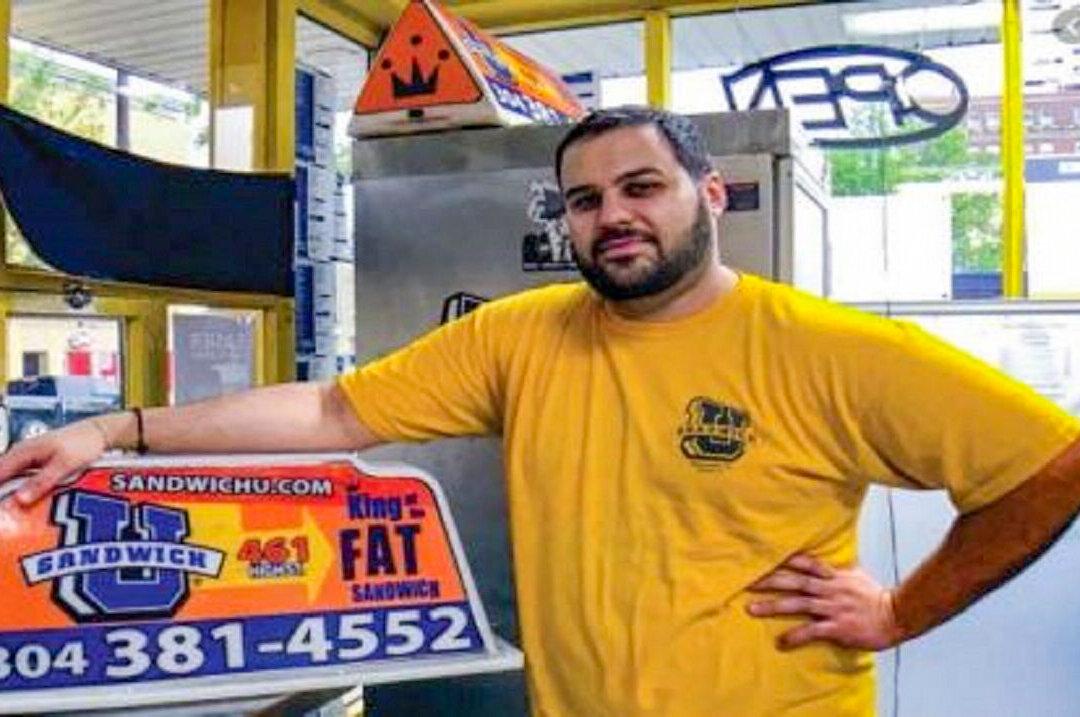A growing number of people charged in relation to the Jan. 6, 2021, U.S. Capitol breach are asking judges to move their trials from Washington, asserting that the jury pool in the nation’s capital is predisposed to rule against them and has been subject to inaccurate media reports.
Some defendants also say that the judges presiding over their cases are biased.





